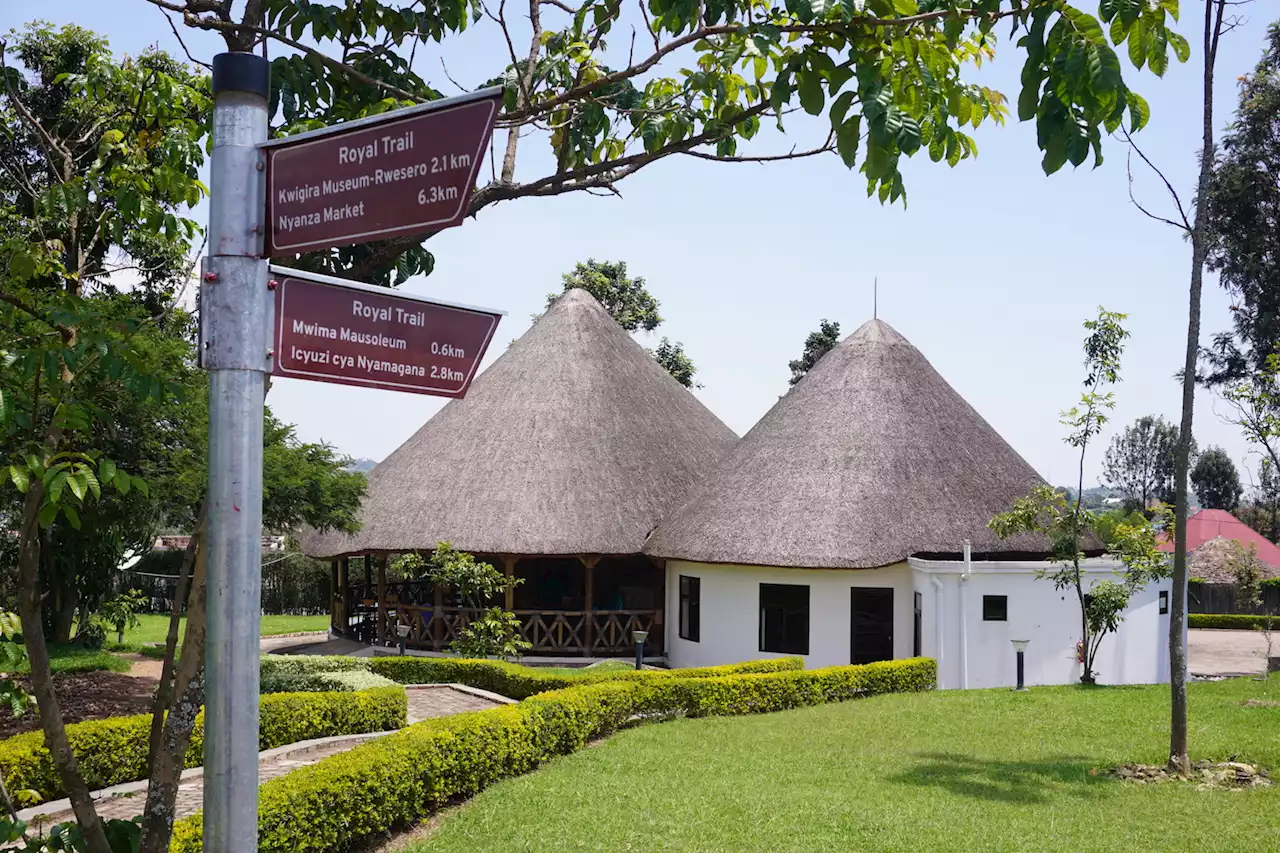From the Archives: A new study led by an anthropologist and a heritage sites protection specialist offers a path forward for decolonizing heritage management in Rwanda—and beyond.
At the King’s Palace Museum in Nyanza District, Rwanda, tourists can visit coffee shops built in a traditional architectural style.the district of Nyanza in Southern Rwanda because of its storied past as the seat of the Rwandan monarchy, which ended shortly before the nation’s independence from Belgian colonial rule in 1962. or observe the long-horned Inyambo cattle, a heritage breed descended from royal stock.
On the surface, the dispute was about signage. But it was also about something bigger: Who gets to make decisions about the uses of a community’s heritage—and who benefits?Genocide Against the Tutsi in 1994 The King’s Palace Museum complex—known as Rukari—includes a reconstructed traditional royal palace next to a 20th-century palace in the center., where most residents are small-scale farmers and, according to the government, approximately half live in poverty. Heritage-based tourism is meant to benefit all Rwandans, including bringing economic growth to places like Nyanza.
